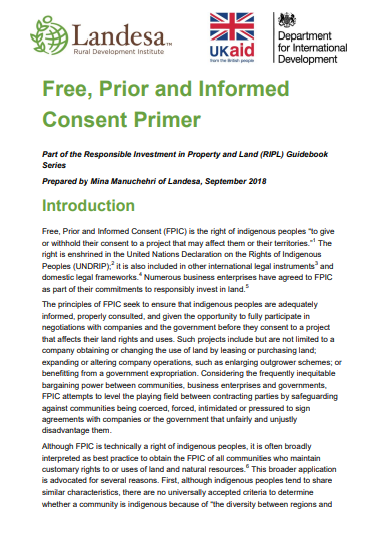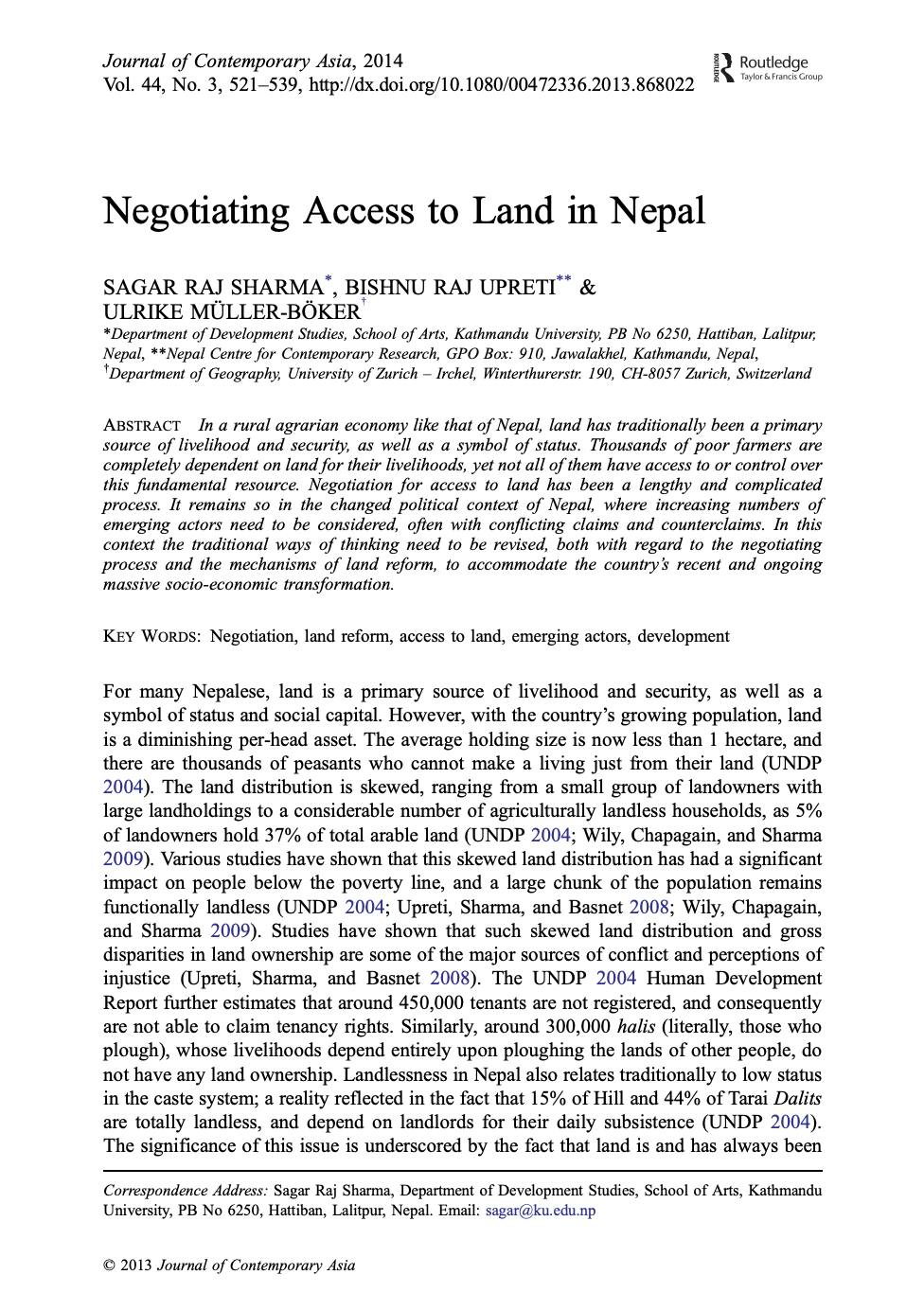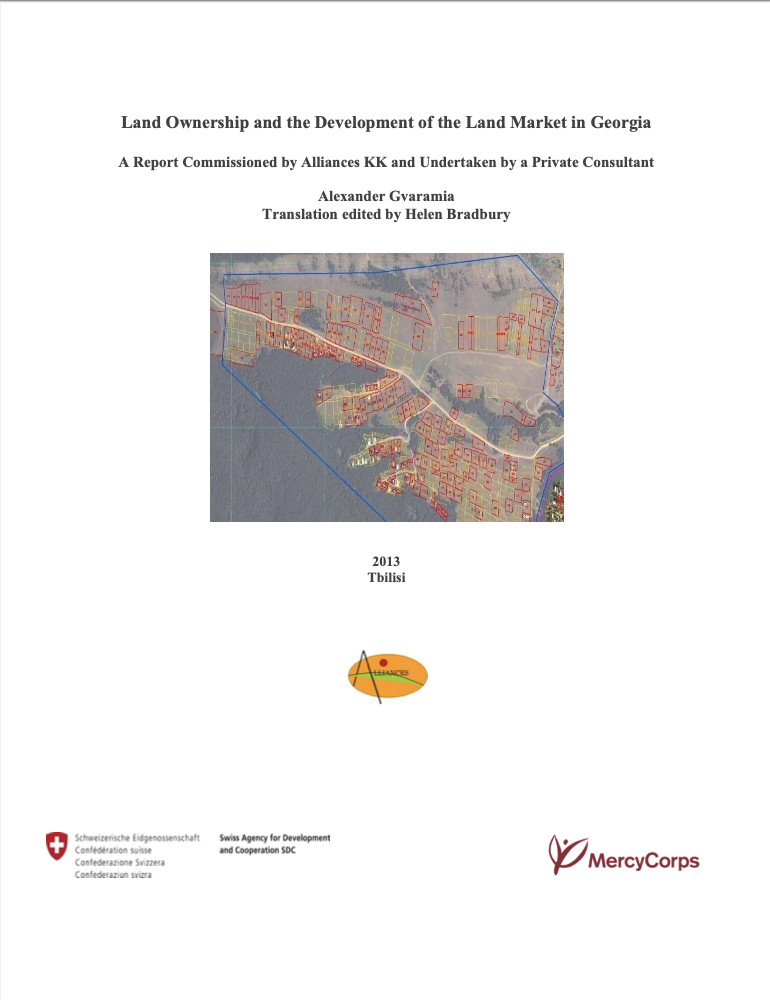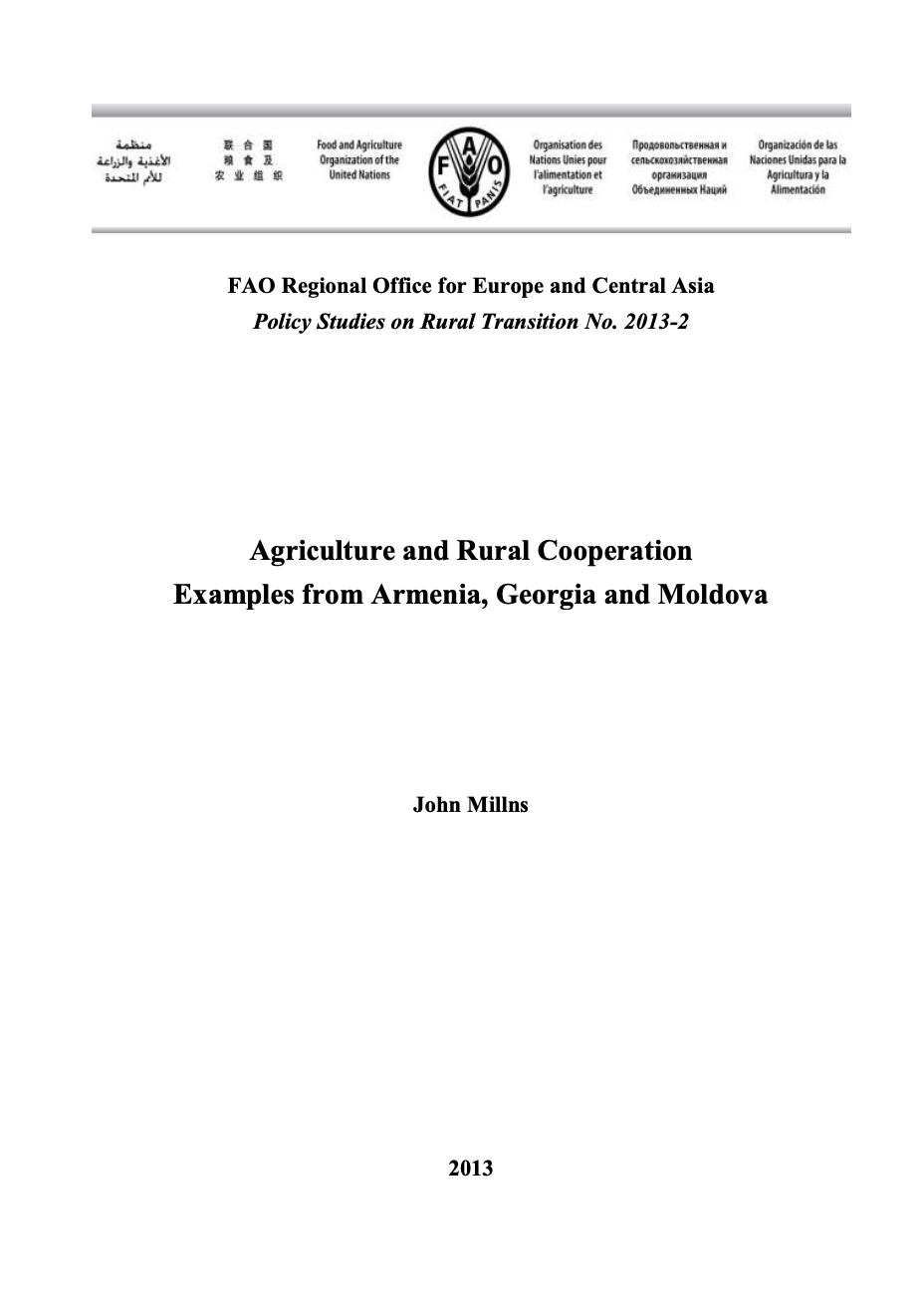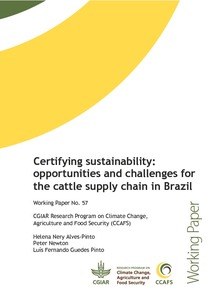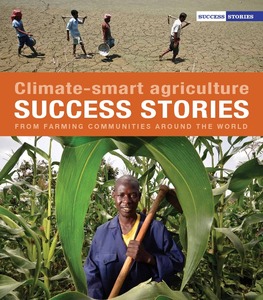Nature & Faune
This Issue of Nature & Faune puts forward the case of “African Youth in Agriculture, Natural Resources and Rural Development”. It comprises twenty one articles from authors of various backgrounds, including: policy makers, conservation NGOs; the private sector; civil society groups; research and academia as well as youth groups.

